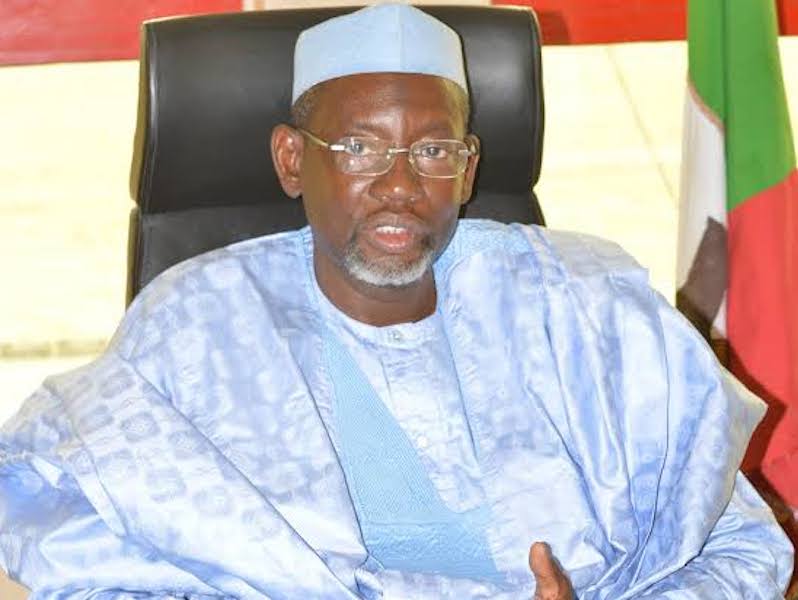The World Health Organisation (WHO) Regional Office for Africa in Brazzaville, Congo, says there are currently over 444,000 confirmed cases of Coronavirus in Africa.
The UN health agency gave the update on its regional official Twitter account @WHOAFRO.
“There are over 444,000 confirmed COVID-19 cases on the African continent – with more than 214,000 recoveries and 10,800 deaths,’’ it said.
The regional office stated that South Africa has 177,124 cases and 2,952 deaths, followed by Nigeria with 27,564 confirmed cases and 628 deaths, while Ghana has 18,892 confirmed cases and 117 deaths.
It added that Gambia, Lesotho and Seychelles were countries currently with the lowest confirmed cases in the region as Gambia had 55 confirmed cases with two deaths.
Lesotho had 63 reported cases and zero death, while Seychelles had 81 reported cases with no death, “the office said.
Meanwhile, WHO in a statement posted on its website, it urged African countries to take strong safety measures against COVID-19 as they resumed air travel.
“As African countries begin to reopen borders and air spaces, it is crucial that governments take effective measures to mitigate the risk of a surge in infections due to the resumption of commercial flights and airport operations.
“Many African governments acted swiftly, implementing confinement and travel restrictions in the early days of the pandemic.
“In the WHO African Region, 36 countries closed their borders to international travel, eight suspended flights from countries with high COVID-19 transmission and others had partial or no restrictions.
“So far Cameroon, Equatorial Guinea, Tanzania and Zambia have resumed commercial flights. The 15-member Economic Community of West African States is expected to open their airspace on July 21.
“While open borders are vital for the free flow of goods and people, initial analysis by WHO found that lockdowns along with public health measures reduced the spread of COVID-19.’’
The UN health agency said even with border restrictions, imported cases had sometimes brought back COVID-19 to countries which had not reported cases for a length of time.
“For example, Seychelles had not had a locally transmitted case since April 6, 2020, but in the last week 66 new cases – all crew members of an international fishing vessel – have been recorded,’’ it said.
The statement quouted Dr Matshidiso Moeti, WHO Regional Director for Africa, as saying: “Air travel is vital to the economic health of countries.
“But as we take to the skies again, we cannot let our guard down. Our new normal still requires stringent measures to stem the spread of COVID-19.’’
To resume international air travel, WHO recommended that countries assess the epidemiological situation to determine whether maintaining restrictions outweighs the economic costs of reopening borders if, for instance, there is widespread transmission of the virus.
“It is also crucial to determine whether the health system can cope with a spike in imported cases and whether the surveillance and contact tracing system can reliably detect and monitor cases.”
According to the statement, it is important that countries have systems in place at points of entry including airports.
“Comprehensive entry and exit screening should be considered based on risk assessment and cost-benefit analysis, and as part of the overall national response strategy.
“Such screening may target, as a priority, direct flights from areas with community transmission. In addition, observance of preventive measures such as personal hygiene, cough etiquette, physical distancing remains crucial.
“Passengers should be registered and followed up, and if they develop symptoms be advised to inform health authorities.’’
The statement further quoted Moeti, as saying: “The resumption of commercial flights in Africa will facilitate the delivery of crucial supplies such as testing kits.
“It will also facilitate delivery of supplies such as personal protective equipment and other essential health commodities to areas which need them most.
“It will also ensure that experts, who can support the response can finally get on the ground and work.” (NAN)



